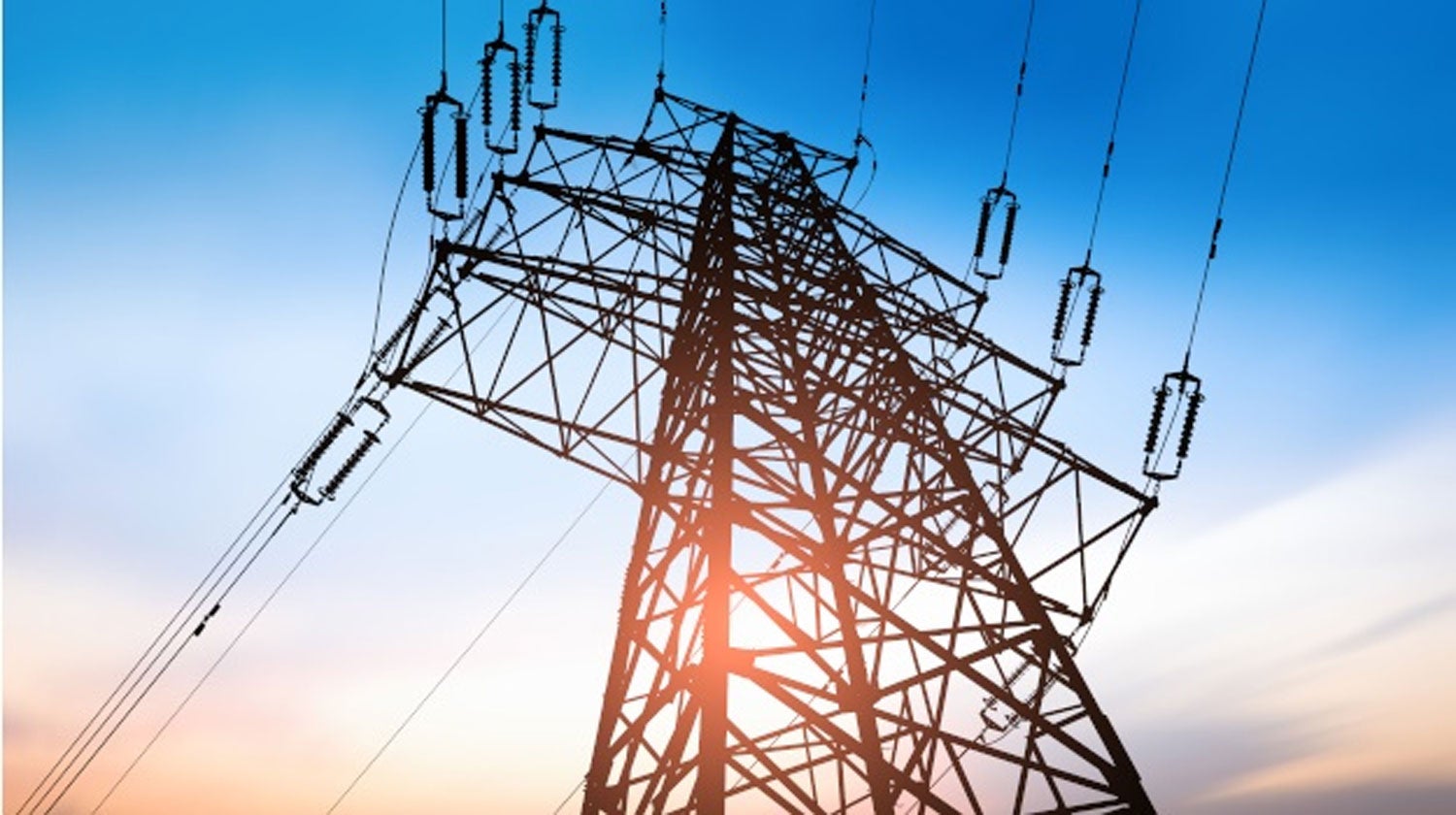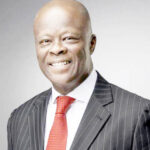The Senate President, Ahmad Lawan, on Tuesday, urged the Federal Government to review or reverse the privatization of the power sector.
This is as Senate urged the government to suspend the planned tariff increase which is scheduled to take effect from 1st July, bearing in mind increased hardship resulting from the COVID-19 pandemic.
Lawan, in his remarks to two motions on the floor of the Senate, said if the country maintained the current system for ten years, it can never guarantee regular power supply.
Lawan said despite several interventions by the federal government running into trillions of Naira, there was no improvement of power supply.
He said, “We gave power to them (Power generation and distribution companies) and they still come to the public to ask for funds. I think it’s time for Nigeria to consider reversing the privatisation of the power sector or they should just cancel the entire privatisation process completely. If we leave it, we may not have power for another ten years”
The Senate President further said, “the privatization of the power sector has, so far, not been successful. We expected efficiency and effectiveness in the power supply.
“The DisCos have no capacity to supply us power. The Gencos have challenges too. It is not a good commentary that we should continue to give them money. They’re private businesses. We need to review this privatization.
“Our committee needs to investigate trillions spent. That’s a lot of money. Try to find out what has happened so far. Government needs to look at this whole thing. Maybe Government is not doing its own part. We need to find out. There is lack of capital, lack of investment. We feel very bad because we have no electricity and the country is suffering.”
Senate to investigate FG interventions in power sector
Meanwhile, the Senate mandated its committee on power to investigate all the Federal Government interventions in the power sector since the privatization of the sector to date with a view to ascertaining the adequacy of such interventions and their desired impact.
It also asked the committee to probe all market participants in the power value chain and ascertain the level of corporate governance compliance in the Nigerian Electricity Industry.
The Red Chamber urged the Federal Government to include the power sector in the disbursement of the proposed N1.7 trillion COVID-19 Crisis Intervention Fund to ameliorate the sector’s financial hazards and operational challenges.
It also directed the Central Bank of Nigeria to allow operators in the power sector access to foreign exchange for procurement of equipment and materials.
The resolutions followed a motion titled “Power sector recovery plan and the impact of COVID-19 pandemic” by Senator Gabriel Suswam (Benue North East) and co-sponsored by 24 others.
Suswam said the COVID-19 pandemic had further worsened the already teething operational constraints facing the Nigerian Electricity Supply Industry (NESI).
According to him, if the negative impact of COVID-19 on NESI continues without any emergency financial intervention from the government, DisCos already facing dwindling revenues may not be able to meet their remittance obligations to the market as set by the Nigerian Electricity Regulatory Commission (NERC) in December, 2019 Tarrif Order.
“This will also affect the financial obligations of the Transmission Company of Nigeria (TCN) which is expected to have a cost reflective tariff change of N3.7/kWh to N8.3/kWh by 1st July 2020.
“The financial obligations of GenCos and Gas-to-Power suppliers will also be negatively impacted while banks that lend to oil and gas producers may face deteriorating credit quality making it harder for operators to access the much needed funds for investment,” Suswam added.

 Join Daily Trust WhatsApp Community For Quick Access To News and Happenings Around You.
Join Daily Trust WhatsApp Community For Quick Access To News and Happenings Around You.

